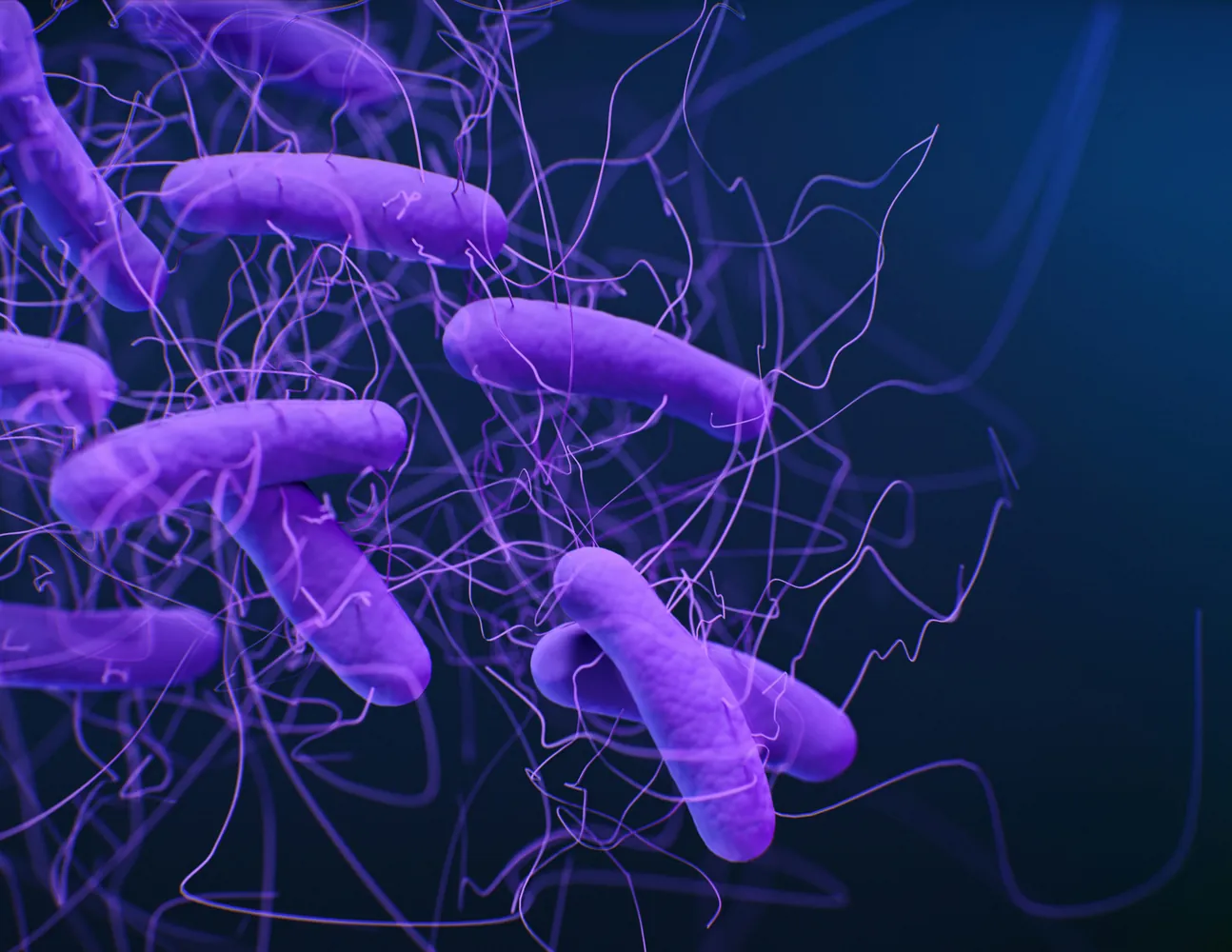Microbiome Diversity as a Predictor for Improved Mental Health

The Gut-Brain Connection: An Overview
Recent research has increasingly pointed to a profound connection between our gut microbiome and mental health. This relationship, often referred to as the 'gut-brain axis', suggests that the diverse community of microorganisms residing in our digestive tract can influence brain chemistry and behavior.
Our gut houses trillions of bacteria, fungi, viruses, and other microorganisms that collectively form the gut microbiota. These organisms play critical roles in digestion, immune function, and the production of essential vitamins. But their influence extends far beyond digestion—they have a significant impact on neurological health and mental well-being.
Understanding Microbiome Diversity
The term 'microbiome diversity' refers to the variety of microbial species present in the gut. A rich and diverse microbiome is generally associated with better health outcomes, while a lack of diversity is linked to various diseases, including mental health disorders such as anxiety and depression.
Diversity in the microbiome helps maintain a balanced ecosystem in the gut. This balance is crucial because different species of microbes perform various beneficial functions. For instance, some bacteria are involved in the synthesis of neurotransmitters like serotonin, which is crucial for mood regulation.
Recent Studies Linking Microbiota to Mental Health
A groundbreaking study published in Nature Microbiology explored the correlation between specific microbial strains and mental health conditions. The research highlighted that individuals with diverse microbiomes reported fewer instances of anxiety and depression. Notably, strains such as Bacteroides and Bifidobacterium were found to be more prevalent in individuals with lower levels of depressive symptoms.
Another study published in Translational Psychiatry used fecal microbiota transplantation (FMT) to investigate its effects on mice exhibiting depressive behaviors. The researchers found that transferring gut microbiota from healthy donors led to significant reductions in depressive symptoms, underscoring the potential therapeutic role of microbiota modulation.
The Role of Specific Bacteria in Mental Health
Different bacterial strains have distinct impacts on mental health:
- Lactobacillus: Known for its probiotic properties, this strain aids in reducing anxiety levels by modulating GABA (gamma-aminobutyric acid) receptors in the brain.
- Bifidobacterium: This genus helps in the production of short-chain fatty acids (SCFAs), which have anti-inflammatory effects and play a role in maintaining brain health.
- Bacteroides: High abundance of this genus has been linked to improved cognitive function and reduced depressive symptoms.
These bacteria contribute to a balanced gut environment that supports mental resilience through their interactions with the central nervous system.
Practical Tips for Enhancing Gut Microbiome Diversity
Nurturing a healthy and diverse gut microbiome is essential for improving mental health. Here are some evidence-based strategies to enhance your gut microbiota:
Dietary Adjustments
Your diet plays a pivotal role in shaping your gut microbiome. Incorporating a variety of plant-based foods can increase microbial diversity:
- Eat More Fiber: Foods high in dietary fiber like fruits, vegetables, legumes, and whole grains feed beneficial bacteria, promoting their growth.
- Include Fermented Foods: Consuming foods such as yogurt, kefir, sauerkraut, and kimchi introduces live beneficial bacteria into your system.
- Diversify Protein Sources: Include a mix of plant-based proteins (e.g., beans, lentils) alongside animal proteins to support a varied microbial population.
Lifestyle Modifications
Lifestyle factors also affect the microbiome:
- Exercise Regularly: Physical activity has been shown to increase microbial diversity and positively affect mental health.
- Avoid Excessive Antibiotics: While sometimes necessary, antibiotics can significantly disrupt gut microbiota balance. Use them judiciously under medical guidance.
- Stress Management: Practices such as meditation, yoga, and deep-breathing exercises can reduce stress-induced changes in the gut microbiota.
The Future of Microbiome-Based Therapies
As understanding of the microbiome’s role in mental health grows, researchers are exploring innovative therapies to harness this knowledge. Potential future interventions include:
- Personalized Probiotics: Tailor-made probiotics targeting specific deficiencies or imbalances could provide new avenues for treating mental health disorders.
- Microbiota Transplantation: Ongoing studies are assessing the efficacy and safety of FMT in treating various psychological conditions.
The field of psychobiotics—microorganisms with mental health benefits—is evolving rapidly, offering promising insights into managing mental health through microbiome modulation.
Conclusion
The intricate relationship between microbiome diversity and mental health presents a compelling case for considering the gut's role in psychological well-being. By promoting a varied gut microbiota through diet and lifestyle modifications, we may pave the way for improved mental health outcomes. As research continues to unveil the mechanisms behind this gut-brain dialogue, we move closer to developing targeted therapies that leverage our body's natural microbial allies.
